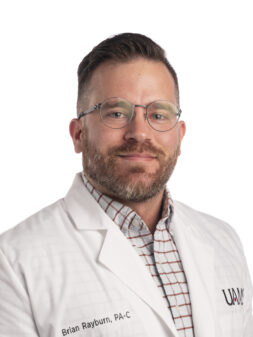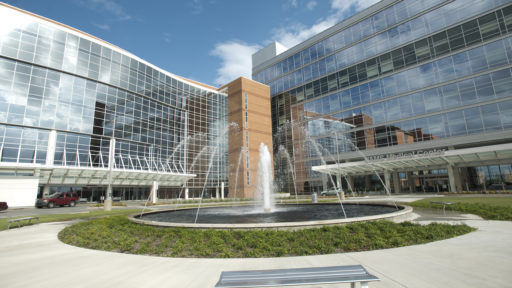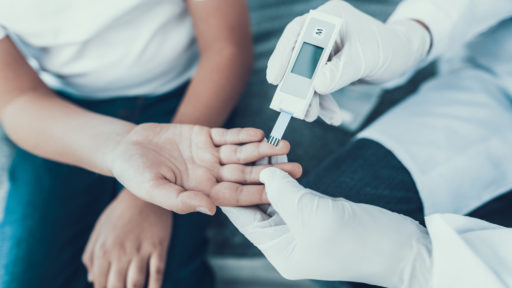Also called: Low Testosterone; Low Sex Horomones
Hypogonadism (HI-po-go-nad-ism) affects both men and women. People with hypogonadism experience a reduction in the hormones that are responsible for defining their sex characteristics.
There are several potential causes for this condition. It may be something you were born (congenital) with or something that you acquire later in life through injury, infection or abnormal development.
The ovaries are part of the female reproductive system. Women have two ovaries, one on each side of the uterus. Each ovary is about the size and shape of an almond.
The ovaries produce and store a woman's eggs. During ovulation, an ovary releases an egg. If that egg is fertilized by a sperm, a pregnancy can occur. Ovaries also make the female hormones estrogen and progesterone. When a woman goes through menopause, her ovaries stop making those hormones and releasing eggs.
Problems with the ovaries include:
- Ovarian cancer
- Ovarian cysts and polycystic ovary syndrome
- Primary ovarian insufficiency
- Ovarian torsion, a twisting of the ovary
Courtesy of MedlinePlus from the National Library of Medicine.
Syndicated Content Details:
Source URL: https://medlineplus.gov/ovariandisorders.html?utm_source=mplusconnect&utm_medium=service
Source Agency: National Library of Medicine



